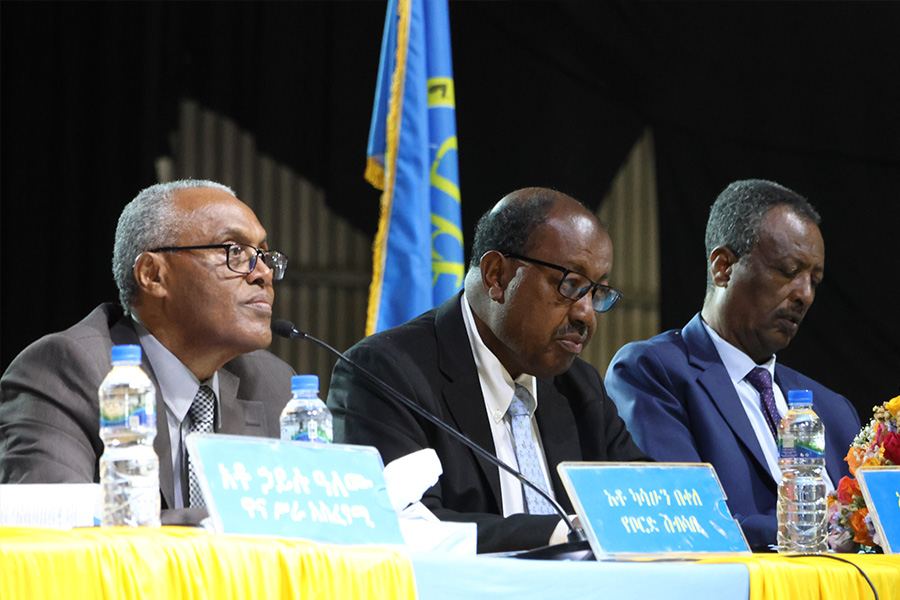
Radar | Dec 15,2024
Aug 12 , 2023
By Hintsa Andebrhan
As Ajaypal Singh Banga, the new president of the World Bank Group, touched down in Addis Abeba two weeks ago, the political and media landscape was abuzz with anticipation. It was not merely the ceremonious arrival of a significant international figure. The visit bore heavy economic undertones for Ethiopia, grappling with a crunch in foreign currency.
Addis Abeba revelled in the attention, almost reminiscent of a rejuvenated calf revelling in newfound freedom. The domestic media, predominantly the Ethiopian Broadcasting Corporation (EBC), choreographed an orchestrated symphony, exalting Banga and the institution he represents.
Yet, amidst this pomp and grandeur, an asymmetry in diplomatic receptions was evident. The visit of Naledi Pandor (PhD), South Africa’s foreign minister and a weighty voice in international diplomacy, was overshadowed. Why such an august figure, representing one of Africa's most influential countries, did not command equal attention raises questions about Ethiopia's priorities or, perhaps, its predicaments.
The World Bank signing a cheque worth 400 million dollars for Ethiopia was not without strings attached. While the specifics remain under wraps, the Bank could set a myriad of preconditions.
This casts a spotlight on the dynamics between the borrower and the lender, reflecting a shift in the balance of power and the silent politics at play. Western entities, especially the White House, wielding over international financial institutions, significantly influence the Bank's engagement with Ethiopia.
It brings to mind the views of USAID Administrator Samantha Power, who once asserted that aid is America's soft power, subtly influencing global politics. If aid is the soft power, institutions like the World Bank might be considered the "hard" economic weapons in America's arsenal.
Another example, the African Growth & Opportunity Act (AGOA), lures African countries with the promise of non-taxable benefits, yet subtly influences their political and economic decisions.
Engaging with global financial behemoths requires meticulous strategy. To perceive the World Bank as a benevolent entity is naïve. I wonder if Prime Minister Abiy Ahmed (PhD) still harbours the sentiment he had that "Borrowing from the IMF and the World Bank is like borrowing from your mother."
I hope Ethiopia carves out robust economic policies that safeguard its sovereignty and fortify national security.
Historically, Ethiopia holds the distinction of never having been colonised. Yet, with its overt dependence on external entities, the present economic hardships hint at a neo-colonial tethering. The ruling Prosperity Party (PP) seems caught in a quagmire, struggling to free the economy from this dependency.
High inflation rates gnaw at the daily lives of Ethiopians while discontent brews, exacerbated by a perceived culture of corruption and a weakening Birr. Navigating dealings with the World Bank amidst this tumultuous backdrop is no mean feat. Yet, the Ethiopian authorities need to devise robust policies that not only interact gains with external entities but also shield its sovereignty.
However, a pertinent question looms: How can a country like Ethiopia, with a population reaching 120 million and a vast majority of its populace of working age, remain tethered to an external policy-driven economy for over a quarter of a century?
A significant proportion of this population, gifted with abundant natural resources, remains under-utilised.
The Prime Minister's declaration four years ago, revealing his economic model as capitalism, offers a hint. Perhaps it is time he delves deeper into the annals of capitalist thought.
In his seminal work, "The Wealth of Nations," Adam Smith underscores the importance of human capital. He posits that the "acquired and useful abilities of individuals" are crucial for a nation's wealth and progress. Here, Ethiopia's golden goose might lie: investing in its people.
As Ethiopia treads the delicate tightrope of international finance and diplomacy, it would do well to remember its storied past and immense potential. While the global stage presents its set of challenges and temptations, Ethiopia's true strength might lie within its people's spirit and skills.
PUBLISHED ON
Aug 12,2023 [ VOL
24 , NO
1215]


Radar | Dec 15,2024

Radar | May 27,2023

Commentaries | Jan 14,2023

Commentaries | Oct 12,2024
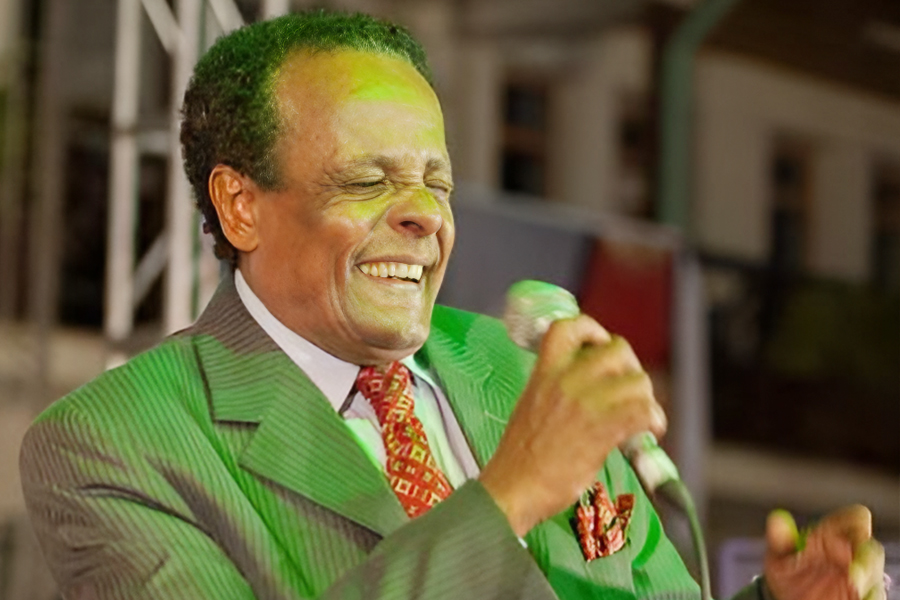
Obituary | Mar 02,2024
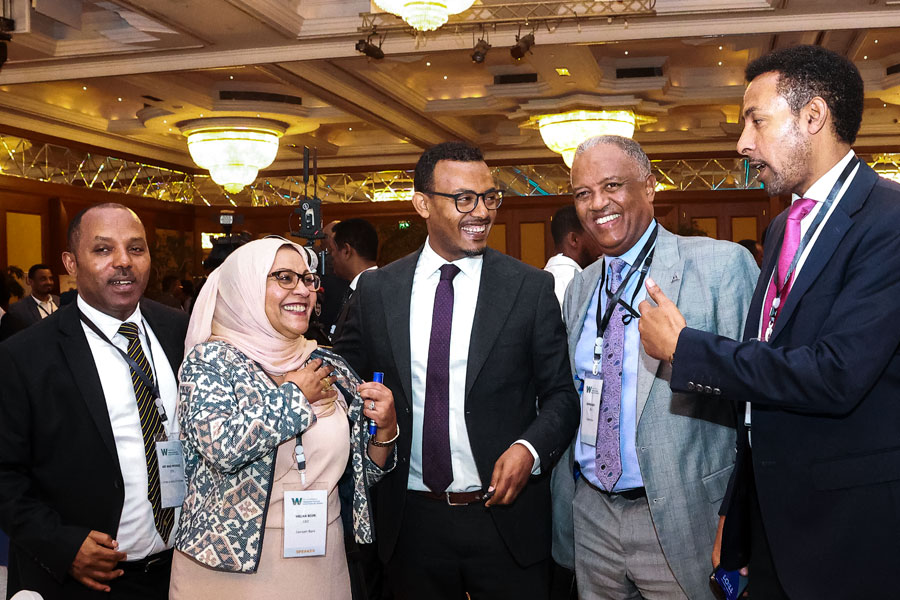
Fortune News | Mar 30,2024

Fortune News | Jun 29,2025

Viewpoints | Jun 25,2022
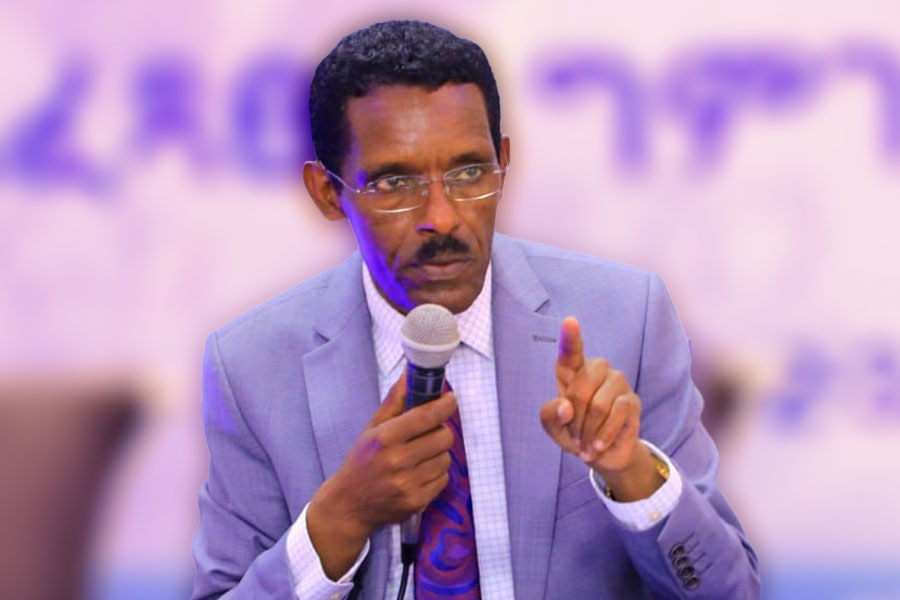
Radar | Aug 20,2024
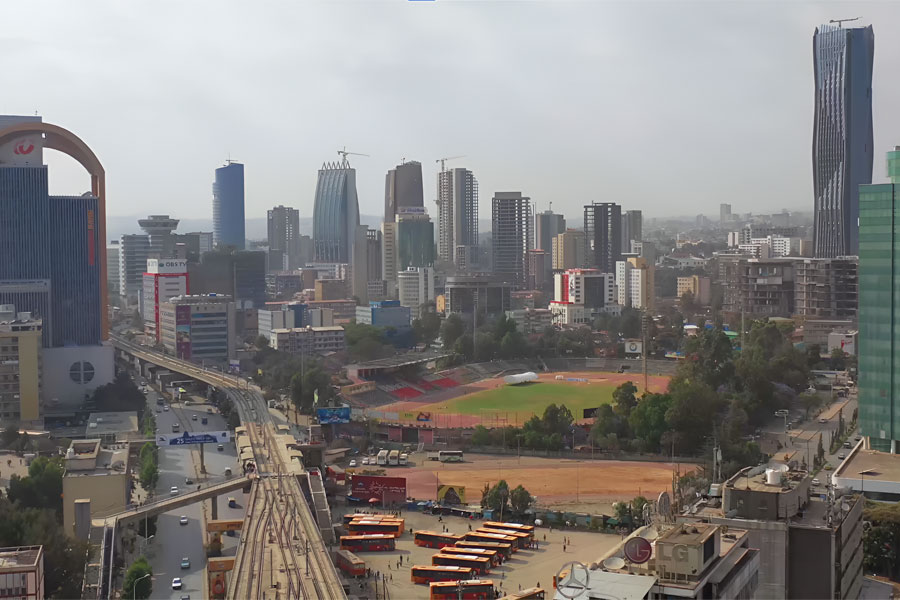
Fortune News | Sep 01,2024

My Opinion | 131974 Views | Aug 14,2021

My Opinion | 128363 Views | Aug 21,2021

My Opinion | 126301 Views | Sep 10,2021

My Opinion | 123918 Views | Aug 07,2021

Dec 22 , 2024 . By TIZITA SHEWAFERAW
Charged with transforming colossal state-owned enterprises into modern and competitiv...

Aug 18 , 2024 . By AKSAH ITALO
Although predictable Yonas Zerihun's job in the ride-hailing service is not immune to...

Jul 28 , 2024 . By TIZITA SHEWAFERAW
Unhabitual, perhaps too many, Samuel Gebreyohannes, 38, used to occasionally enjoy a couple of beers at breakfast. However, he recently swit...

Jul 13 , 2024 . By AKSAH ITALO
Investors who rely on tractors, trucks, and field vehicles for commuting, transporting commodities, and f...

Jul 5 , 2025
Six years ago, Ethiopia was the darling of international liberal commentators. A year...

Jun 28 , 2025
Meseret Damtie, the assertive auditor general, has never been shy about naming names...

Jun 21 , 2025
A well-worn adage says, “Budget is not destiny, but it is direction.” Examining t...

Jun 14 , 2025
Yet again, the Horn of Africa is bracing for trouble. A region already frayed by wars...

Jul 6 , 2025 . By BEZAWIT HULUAGER
The federal legislature gave Prime Minister Abiy Ahmed (PhD) what he wanted: a 1.9 tr...

Jul 6 , 2025 . By YITBAREK GETACHEW
In a city rising skyward at breakneck speed, a reckoning has arrived. Authorities in...

Jul 6 , 2025 . By NAHOM AYELE
A landmark directive from the Ministry of Finance signals a paradigm shift in the cou...

Jul 6 , 2025 . By NAHOM AYELE
Awash Bank has announced plans to establish a dedicated investment banking subsidiary...